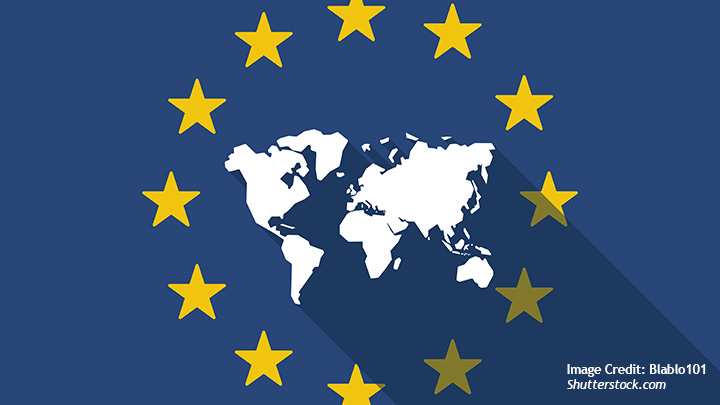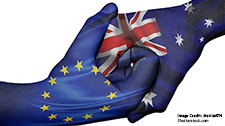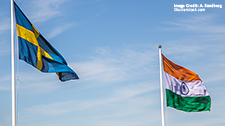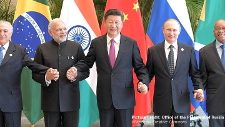NAVIGATING THE CHINA CONTEST: EU’S MARITIME ROAD TO 2030 AND MIDDLE POWERS

Jagannath Panda
Europe’s strategic presence in the Indo-Pacific has become a matter of great substance in current global politics. The emergence of China as a disruptive maritime power, especially with its hardening stance toward maritime disputes in the Indo-Pacific, has forced a shift in many countries’ strategic outlook, including some of the European countries. The EU as a multilateral body seems to be changing its strategic outlook on China, as well as on maritime issues in the Indo-Pacific. With the Indian Ocean being a gateway to the region, the EU’s Indo-Pacific outlook and Maritime Security Strategy (MSS) evolving to a new ground needs serious observation from India and other Indo-Pacific partners.
This paper looks at the EU’s evolving maritime policy frameworks – like the MSS, Strategic Compass, and the Indo-Pacific strategy – to understand their complementarities and impact on its presence in the Indo-Pacific domain. Through a review of such an integrated approach by the EU, which emphasizes regional maritime multilateralism alongside bilateral frameworks, the paper outlines key trends that the EU could forge with India and other Quad powers such as Australia, Japan, and the US, to dissuade or possibly pose a challenge to the Chinese maritime dominance in the region. In particular, this paper will highlight the strategic convergence between the EU and the Quad powers including India on the maritime spheres in the Indian Ocean.




